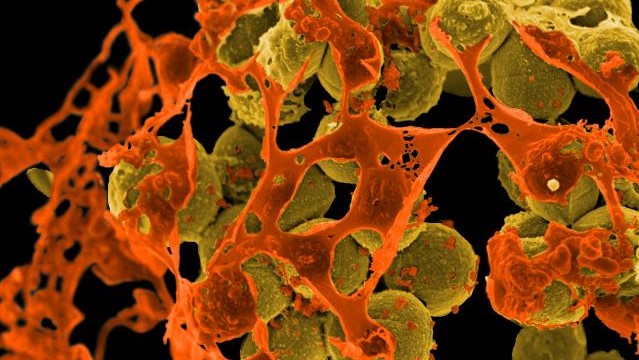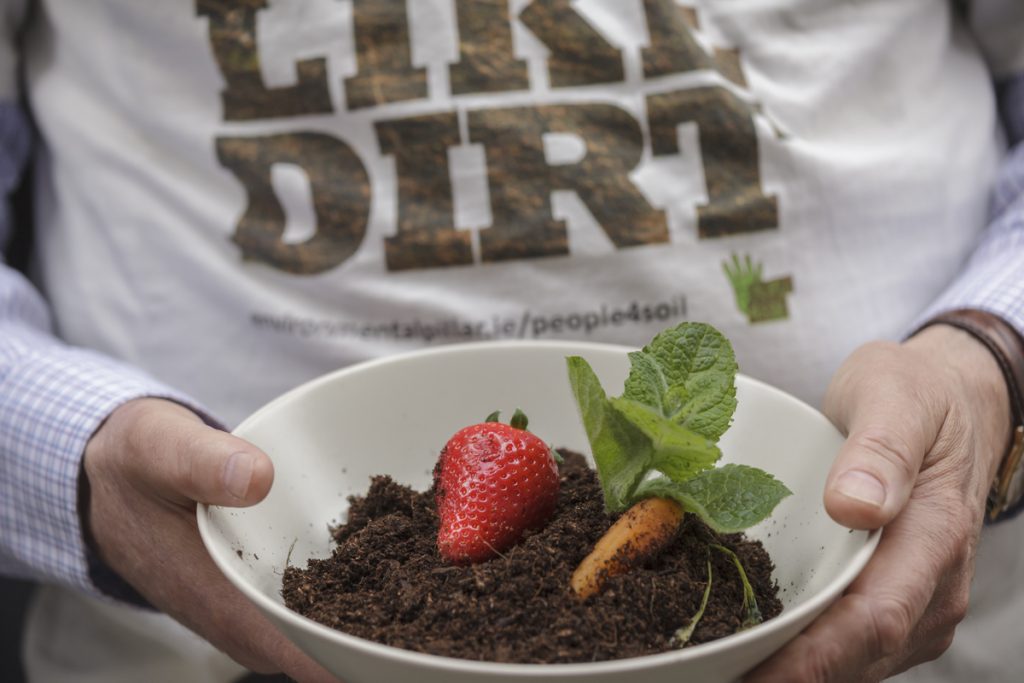Antimicrobial resistance increasing due to environmental pollution, says UN

November 7th, 2017
Antimicrobial resistance and soil degradation are emerging as major public health threat as a result of environmental pollution, the UN Environment Assembly heard this week.
Meeting in Nairobi, the Assembly launched the UN Environment (UNEP) Frontier Report which examines antimicrobial resistance, as well as other emerging challenges in the environmental space.
The report described antimicrobial resistance as one of the “biggest threats to global public health”, directly linking the discharge of drugs into the environment with the rise of resistant microorganisms.
The Frontier study reveals worldwide 70,000 people fall victim to resistant infections every year as available antimicrobial drugs have become less effective at killing resistant pathogens.
Antimicrobial resistance evolution
The combination of antimicrobial compounds seeping into the environment mixed with natural bacterial communities is the driver of bacterial evolution, the study finds. The report points to effluent from households, hospitals and pharmaceutical facilities and agricultural run-off for the development of the most resistant strains.
According to the report, up to 80 per cent of consumed antibiotics are excreted un-metabolized along with resistant bacteria. The UNEP warn that this is a growing problem as human antibiotic use has increased 36 per cent this century. Antibiotic use in livestock is also predicted to increase 67 per cent by 2030, the report finds.

Methicillin-Resistant Staphylococcus aureus (MRSA) Bacteria Photo: NIAID
Hotspots for resistance can also occur in wastewater treatment facilities with multi-drug resistant bacteria found to be prevalent in marine waters and sediments close to aquaculture, industrial and municipal discharges. The report states that up to 75 per cent of antibiotics used in aquaculture may be lost into the surrounding environment.
According to UNEP chief, Erik Solheim, the warnings in the report are “truly frightening”. He cautioned that through “ignorance” and “carelessness” we could be aiding the development of “ferocious superbugs”.
“This needs priority action right now, or else we run the risk of allowing resistance to occur through the back door, with potentially terrifying consequences,” Mr Solheim added.
Soil Pollution
Soil pollution was also addressed in the Assembly, with population growth and demands on lands said to have already resulted in the degradation of one-third of global soils.
The UN Food and Agriculture Organisation (FAO) predicts that food production will need to be up by around 50 per cent by mid-century to meet additional global demands.
Thomas Hammond, Senior Officer for Land at the FAO, voiced his concerns about the rise in pesticides use to meet this future food demand and the potential consequences for the soil and human health.
The World Health Organisation estimates that over three million people are hospitalized due to pesticide poisoning every year, resulting in a quarter of a million premature deaths.

Edible soil dish to promote the People4Soil Campaign Photo: Niall Sargent
Mr Hammond highlighted the effects of pesticides are difficult to measure on the major ecosystem processes such as soil biodiversity, water quality, and on human health.
Additionally, relatively little is known about long-term exposure effects of agrochemicals on soil biodiversity or people, he explained.
However, extensive research has been carried out on earthworms and other soil invertebrates around the herbicide, glyphosate. According to the study, on average the decreasing use of pesticides is beneficial for earthworm communities.
Mr Hammond reiterated the importance of conservation and sustainable management of soils in order to eliminate food insecurity and tackle climate change.
Earlier this year, Ireland surpassed their target signatures of 8,250, for the People for Soil campaign, calling for the European Commission to introduce a Directive to protect European soils.
The Global Symposium on Soil Pollution will be held next May and the FAO’s headquarters in Rome to address the environmental, health, and agricultural implications of soil pollution.
[x_author title=”About the Author”]







